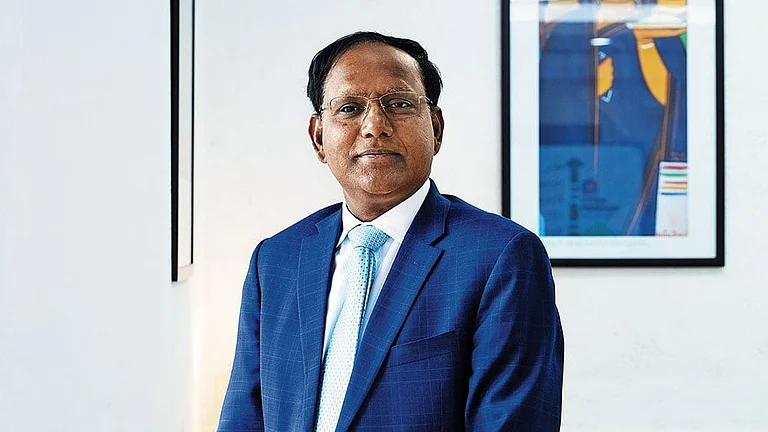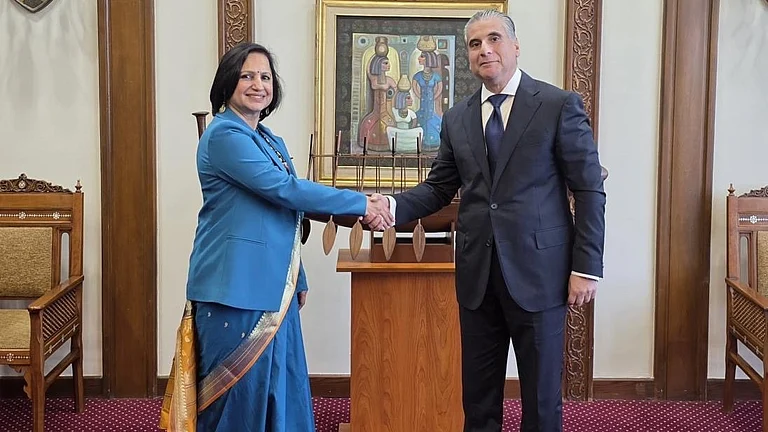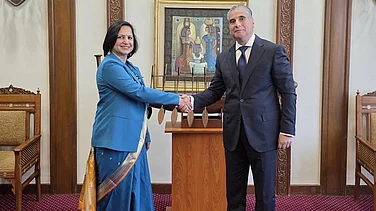The Reserve Bank of India (RBI) on February 13, 2023 announced the beginning of a week-long financial literacy initiative in an attempt to promote financial education with the theme “Good Financial Behaviour – Your Saviour.”
While the apex bank has been conducting the Financial Literacy Week since 2016, the year 2023 has been a good year for financial education to get a firmer footing, as it finally entered the lives of young Indians in a big way.
Earlier this month, Union Budget 2023-24 had announced among several other initiatives a greater involvement by the Centre in equipping the young children of India with financial knowledge.
Union Minister of Finance Nirmala Sitharaman had on February 1, 2023 announced the setting up of a National Digital Library for children and adolescents to inculcate financial literacy among the young, while also roping in financial sector regulators and organisations, and urging them to provide age-appropriate reading materials.
While financial education may have entered the school classroom, it is worthwhile to note that actual and basic groundwork begins right at home. There are smart, practical and fun financial habits that parents can inculcate among children to encourage building a good relationship with money.
Here’s a look at some of the ways in which parents and caretakers can help young Indians in starting their financial journey on a positive note.
1] Good Financial Habits For Young
Children who learn practical and smart financial habits right from their childhood have a higher chance to grow into financially-savvy and independent individuals as adults.
According to Karan Baweja, founder and CEO, upsurge, an edtech start-up aimed at promoting financial literacy among children, some of the most important financial habits that can be easily inculcated during early childhood are, earning through chores around the house, tracking expenses while creating a budget, and saving towards large purchases, such as birthdays,
Another interesting habit that even young children can practice is to manage their pocket money, which they receive during festivals or birthdays, into a piggy bank or even an actual bank account, which can be maintained with the help of a parent.
2] Cultivating The Right Attitude Towards Money
As with achieving any other goal in life, cultivating the right attitude within the home is very important, given that most Indian consider this a taboo subject.
Says Baweja: “Start talking to children about money early in life, and emphasise that money is a tool we use for achieving our life goals; it is not the goal in itself.”
Cultivating the right mind set can be a stepping stone towards financial literacy to help children achieve financial independence in future.
3] Start With Fundamental Concepts Of Money
While children today are light years ahead in terms of digital savviness compared to their elders in the family, it is still crucial to explain to them the fundamental concepts relating to money.
Financial concepts can be tricky and complex for the young, and so, one should start with the very basic explanations on how earning, savings or even budgeting works.
To step this up a notch, Baweja recommends that parents also allow children to “make small financial decisions from a young age.”
4] Make Learning About Money Fun
It should no longer come as a surprise how quick most children are when it comes to learning new subjects, especially if they are introduced to these with fun elements typically in the form of games or fun activities.
Baweja advises introducing them to “age-relevant games, such as Monopoly, Upsurge, or Risk where they can learn by doing and making mistakes,” to have a better understanding of the fundamental money-related concepts.
It is important to understand that games like Monopoly, besides being super fun, play the role of familiarising children with basic financial concepts, as the rules teach players about using their money to invest in assets, and so on.
5] The Right Financial Role Model
It goes without saying that children often imitate their parents’ behavioural patterns, and the subconscious cues they pick up at home become a part of their life-long conditioning.
So being good financial role models themselves as parents is essential when teaching the next generation about money habits. Besides, young children need to actually see their parents in action, making spending and saving habits to help them build beneficial behaviours in themselves.
Baweja also includes donating to charities as an important marker of a good financial habit, noting that parents must “encourage charity and show how money can be used to improve others’ lives as part of good parenting.






























